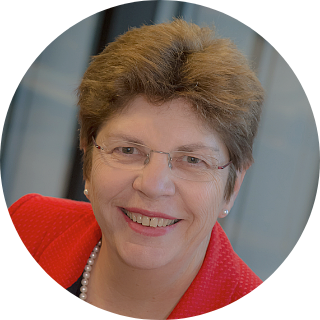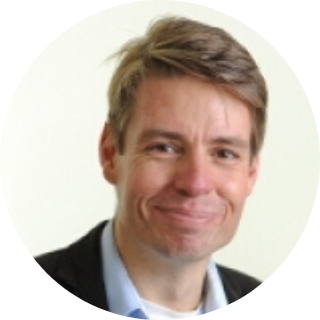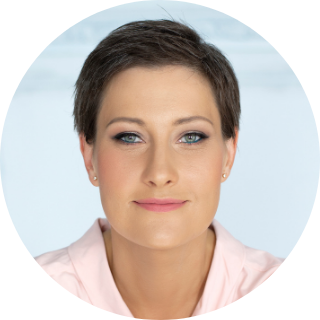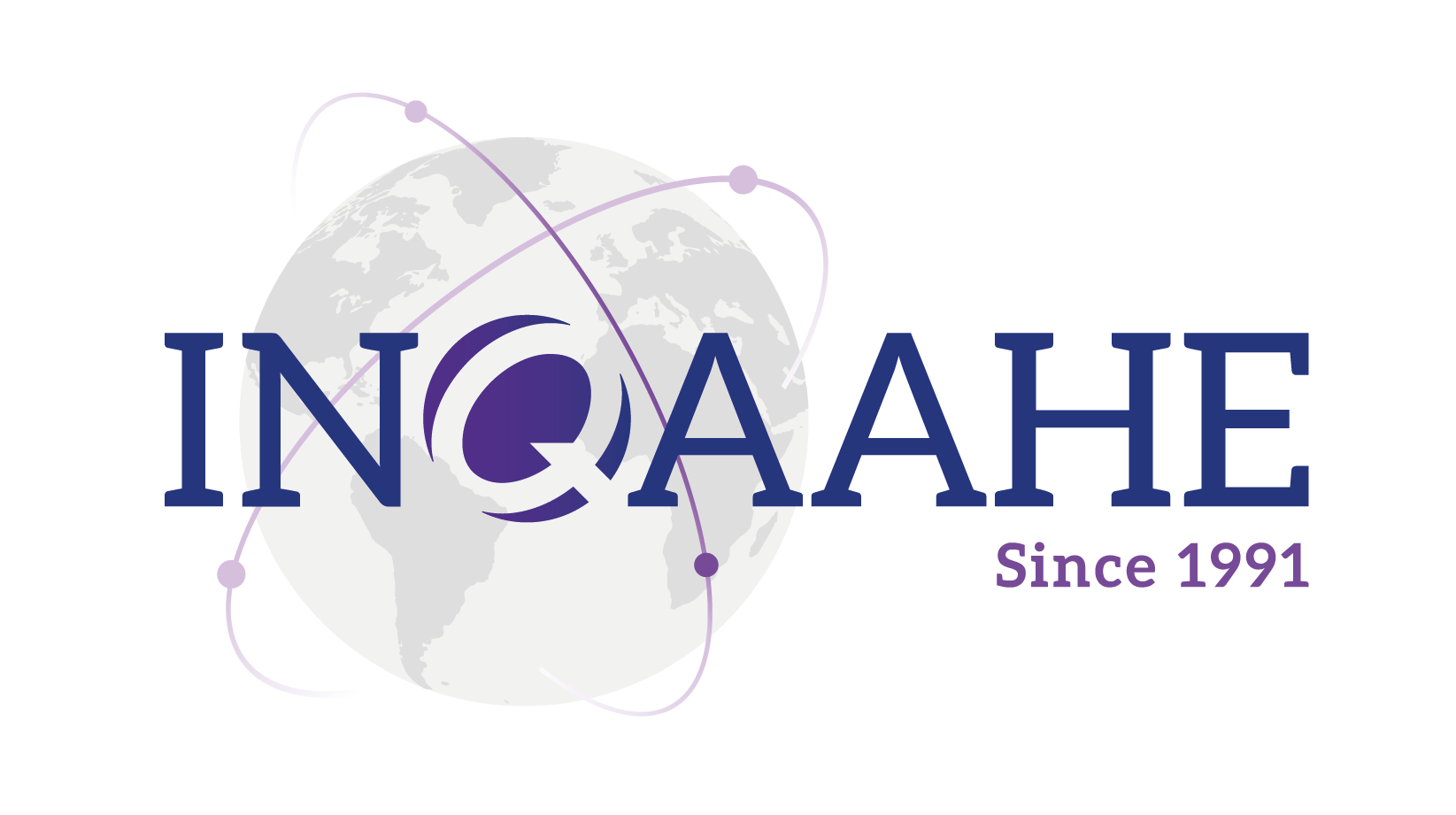Like in every edition, a set of workshops are arranged before INQAAHE Forum 2020 takes place. Given that the Forum will be held online this year, four workshops are scheduled for the week of September 21st. You can find more information on each workshop and its corresponding facilitator below. Registrations need to be made through the official Forum website.
Workshop 1: Design and QA of Micro-credentials
21 September 2020 (Mon), 13:00 - 15:30 Moscow time
In the rapidly changing, difficult to predict environment, an agile higher education system that ensures a swift response to the ever-growing and dynamically evolving market needs becomes a necessity if a country is to be globally competitive and benefit the economy and society at large. To remain relevant, higher education is currently facing the challenges of becoming flexible enough to respond to fundamentally altered, impossible to predict, and rapidly changing landscape. Not least is the contribution of the technological developments to the rapid diversification of expectations the society links with higher education. To be able to better meet the needs and remain relevant, it is crucial to establish quality management systems that enable higher education to be proactive in their response to the diversity. This session will focus on micro-credentials, the design and quality assurance that leads to recognition of the credentials.
Facilitated by:
 Beverly Oliver
Beverly Oliver
Emeritus Professor Beverley Oliver is a Principal Fellow of the Higher Education Academy and an Australian National Teaching Fellow. She is a non-executive director at Open Learning, an ASX-listed company, and non-executive director at the International Council on Badges and Credentials. Beverley was formerly the Deputy Vice-Chancellor Education at Deakin University (2013-18), Deputy Chair of Universities Australia’s Deputy Vice-Chancellors (Academic) (2018) and Deputy Chair of the Board of EduGrowth, Australia’s not-for-profit acceleration network for high-growth, scaleable, borderless education (2016-18). She now works as a higher education consultant, speaker and researcher focussing on digital education, micro-credentials, curriculum transformation, quality assurance and graduate employability. She is the founder and editor of the Journal of Teaching and Learning for Graduate Employability. In 2019, she produced a report called “Making micro-credentials work for learners, employers and providers”.
Workshop 2: Programmatic Accreditation in the STEM Disciplines and the Assessment of Student Learning & Outcomes
22 September 2020 (Tue), 15:00 - 17:30 Moscow time
This seminar will focus the approach ABET uses for accrediting STEM academic programs. Topics include the philosophy, principles, and tools for the accreditation process as well as the use of assessment methods for demonstrating compliance with criteria. In addition, we’ll discuss the important role “peer” evaluators play in reviewing programs, as well as a summary of our Program Evaluator Candidate (PEVC) training. ABET currently accredits over 4,100 individual academic programs in 32 countries around the world in the applied and natural sciences, computing, engineering and engineering technology.
Facilitated by:

Michael Milligan
Michael K. J. Milligan is the Executive Director and Chief Executive Officer of ABET, the global accreditor of college and university programs in applied & natural science, computing, engineering and engineering technology. Under his leadership, the organization has increased its geographical reach and diversity, now representing 36 member societies and accredited programs in 32 countries. Prior to joining ABET in 2009, Milligan held various leadership positions in government and academia. He also served 24 years as a career U.S. Air Force officer. Milligan has a doctorate degree from the University of Texas at Austin, a master’s from the University of Massachusetts at Lowell, and a bachelor’s from Michigan State University — all in electrical engineering. He also earned an M.B.A. from Western New England College, is a registered Professional Engineer (PE) in Colorado and Maryland and a Certified Association Executive (CAE).
Workshop 3: How learning gains and Quality Assurance are (mis)Aligned: An Interactive Workshop
23 September 2020 (Wed), 15:00 - 17:30 Moscow time
In the last five years there is an increased interest across the globe to define, conceptualise, and measure learning gains. The concept of learning gains, briefly summarised as the improvement in knowledge, skills, work-readiness and personal development made by students during their time spent in higher education, has been hailed by some as an opportunity to measure “excellence” in teaching. However, whether learning gains could be useful for quality assurance can be debated. This interactive workshop aims to provide an open platform to discuss the opportunities and limitations of learning gains for quality assurance.
Facilitated by:
 Bart Rienties
Bart Rienties
Dr. Bart Rienties is Professor of Learning Analytics at the Institute of Educational Technology at the Open University UK. He is programme director Learning Analytics within IET and head of Data Wranglers, whereby he leads of group of learning analytics academics who conduct evidence-based research and sense making of Big Data at the OU. As educational psychologist, he conducts multi-disciplinary research on work-based and collaborative learning environments and focuses on the role of social interaction in learning, which is published in leading academic journals and books. His primary research interests are focussed on Learning Analytics, Computer-Supported Collaborative Learning, and the role of motivation in learning. Furthermore, Bart is interested in broader internationalisation aspects of higher education. He has successfully led a range of institutional/national/European projects and received a range of awards for his educational innovation projects.
 Jekaterina Rogaten
Jekaterina Rogaten
Dr. Jekaterina Rogaten is a Course Leader and Teaching and Learning co-ordinator at the University of the Arts, London. Her main area of research is student learning and academic performance with a particular focus on the evaluation of educational interventions and learning gains. She also works in the area of learning analytics in both face-to-face and online learning environments including MOOCs. She extensively researched students' grade trajectories in UK and South African higher education context. In addition, she looks at the individual difference between students and institutions and how they affect students' progress and success with the aim of identifying potential bottlenecks and barriers.
Workshop 4: INQAAHE’s Guidelines of Good Practice (GGP) Alignment Workshop
24 September 2020 (Thu), 14:00 - 16:30 Moscow time
In respond to the growing massification, internationalisation and diversification of higher education (HE), INQAAHE’s Guidelines of Good Practice (GGP) were developed and introduced in 2003. Since then, an INQAAHE GGP Committee is established to review the relevance and currency of the standards on a regular basis. Adopting a very collegial approach, the workshop will highlight the strategic and operational rationales underpinning each guideline, the application procedure, as well as a break-out group session, focusing on how to address the standards in real-world scenarios. Participants will leave with greater confidence on how to attain GGP recognition with ease, and the understanding that GGP provides a robust platform to conduct their daily operations and a useful background tool to promote mutual recognition with peer EQA agencies worldwide.
Facilitated by:
 Pauline Tang
Pauline Tang
Pauline Tang, former CEO of THE-ICE (International Centre of Excellence in Tourism and Hospitality Education), Immediate Past Vice-President of INQAAHE (International Network of Quality Assurance Agencies in Higher Education), is an experienced international quality assurance specialist in the field of tourism, hospitality, events & culinary arts (TH&E) education. Skilled in brand creation and promotion, design and development of quality assurance (QA) and accreditation regime, corporate governance, benchmarking research and analysis of research findings; financial management and strategic planning, time management, organise and facilitate QA and capacity building workshops, plan, organise and implement world-class conferences, strong and effective negotiator with diverse interest groups from government or non-government organisations. Internationally recognised as high-level expert in corporate policies and procedures, human resource management, benchmarking research, accreditation standards, comparative analysis of cross-border accreditation systems and the development of joint-assessment regimes to minimise the accreditation-burden of higher education institutions interested in the pursuit of excellence.

